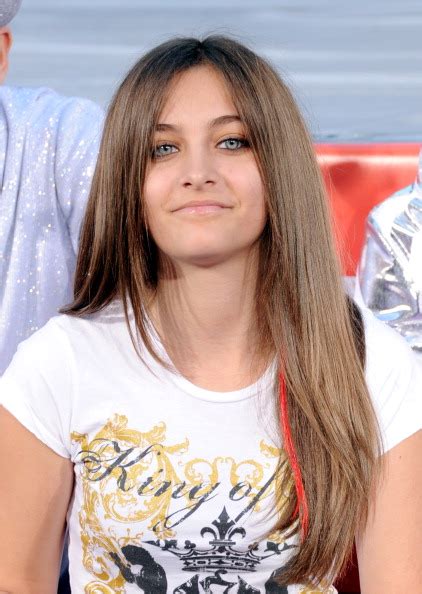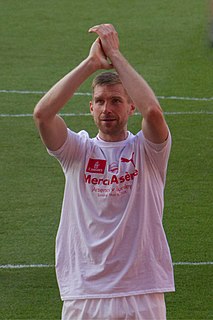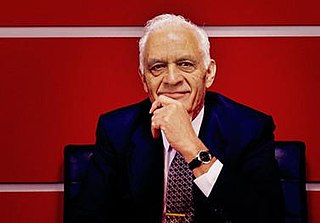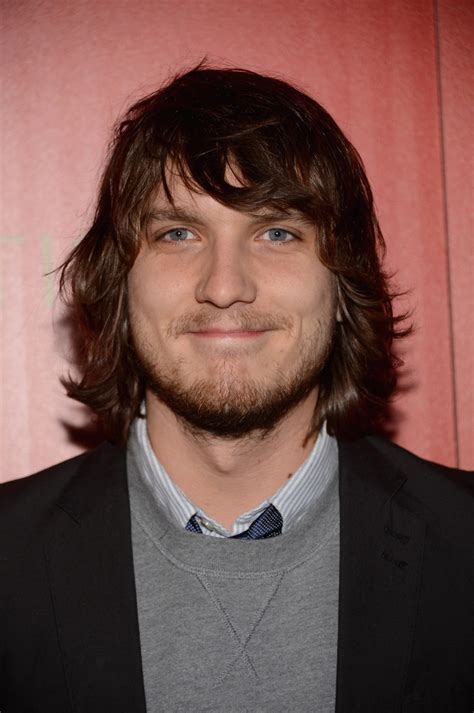A Quote by Ana Castillo
I had serious reservations about putting my son in the public schools in my area. I have a tremendous amount of fear for the future of my boy. He's nine-and- a-half and dark-skinned. By the time he's 12 or 13, who knows who he's going to be identifying with in these days when you get shot down for wearing expensive Nikes to school...I've heard that if a Latino makes it to 19 years of age, he has a good chance of surviving into adulthood. Up until then, you don't know.
Quote Topics
About
Adulthood
Age
Amount
Area
Boy
By The Time
Chance
Dark
Days
Down
Expensive
Fear
Future
Get
Going
Good
Good Chance
Had
Half
Heard
Identifying
Know
Knows
Latino
Makes
My Son
Nine
Public
Public School
Public Schools
Putting
Reservations
School
Schools
Serious
Shot
Son
Surviving
Then
These Days
Time
Tremendous
Tremendous Amount
Until
Up
Wearing
Years
Related Quotes
I didn't think I was good at anything, didn't do well in school. And then in the third grade, I was going to a public school. And the teacher was putting math problems on the board. And I said to myself - it's amazing how you can remember certain incidents at any age that made an impression - I asked myself why is she putting those up when the answers are obvious. And then I saw it wasn't obvious to anybody else in the class. So I said, "Hey, I'm good at something."
A good school is a relative concept, and the better schools are located in more expensive neighborhoods. But when everyone bids more for a house in a better school district, they succeed only in bidding up the prices of those houses. As before, 50 percent of all children will attend schools in the bottom half of the school quality distribution. As in the familiar stadium metaphor, all stand, hoping to get a better view, only to discover that no one sees better than if all had remained seated.
First, I started to play the organ. I did that until I was 11. From the age of 11 to 13, I gave up music entirely. And then at 13, I picked up the guitar, and after one and a half years, I started practicing intensively. I began playing in rock bands, and it was there that I discovered that the music I liked to write was always instrumental.
I get up every day and work in the morning. I have my coffee and get to work. On good days I look up and it's dark outside and the whole day has gone by and I don't know where it's gone. But there's bad days, too. Where I struggle and sweat and a half hour creeps by and I've written three words. And half a day creeps by and I've written a sentence and a half and then I quit for the day and play computer games. You know, sometimes you eat the bear and sometimes the bear eats you. [Laughs]
When we shot "Cry Freedom," I wasn't even allowed in South Africa. They told me I could come but I wasn't going to leave. I had heavy death threats at that time. So we shot in Zimbabwe. In 1995, I had the privilege and the honor to meet Desmond Tutu and Nelson Mandela the same day: I had breakfast with Desmond Tutu and lunch with Nelson Mandela. Then I had the good fortune to have Mr. Mandela actually come to my house in California. There's been a tremendous amount of change.






































